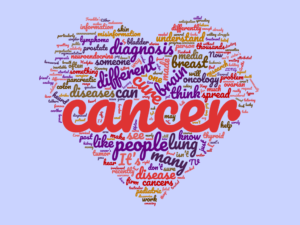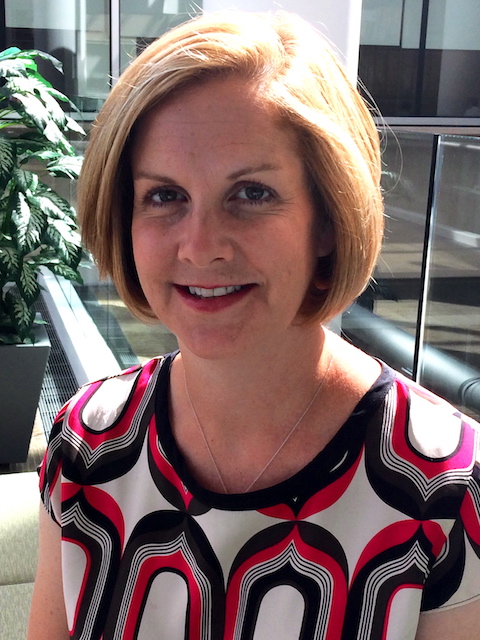As an oncology nurse, I find myself holding my breath when I hear the TV talkers announce a celebrity cancer diagnosis. Not so much out of anticipation of the announcement, but waiting for the inevitable misinformation about to be spread. I’d like to post a request for proposals – is there a public relations firm out there willing to take on a cause that can’t pay but sorely needs representation?
I have lost count how often I have heard that someone has “brain cancer” – oh sure, several famous people recently have, but in many cases they have another cancer (lung, breast, melanoma, etc) that has spread to the brain. These are very different things! Did you know that if you look at a brain tumor that has spread from a lung cancer under a microscope, it looks like lung cancer? Very different than a true brain tumor that started in the brain. These differences drive treatment and outcomes. And you can repeat that analogy for “liver cancer” and, many times, “lung cancer” – a cancer spreading to an area is far more common than a cancer starting there.
Most recently, Aretha Franklin’s death was attributed to pancreatic cancer. She had something very different called neuroendocrine cancer. This was particularly upsetting to people in the neuroendocrine cancer community who already struggle to make people understand their diagnosis. I don’t know if the media isn’t doing their homework or if they just think it is simpler to say something you may have heard of before. Either way, they are doing us all a disservice. (hey media- call me if you want some tutoring on the topic!)
If you aren’t lucky enough to work in oncology, you may think this is all semantics. It’s not. It perpetuates the belief that cancer is one disease. It’s not. It’s thousands of different diseases. Even “breast cancer” isn’t one disease – we now know that there are many types of breast cancer that behave differently and should be treated differently.
This one disease problem goes further – it makes people think their sister’s friend’s aunt’s diagnosis has some bearing on the person in front of them who just shared their diagnosis. It doesn’t. Keep it to yourself and don’t burden this person with that useless information. Now that you understand that cancer is thousands of different diseases, you can see that this is like telling someone with newly diagnosed heart disease about your thyroid problem – irrelevant.
Knowing I work in oncology, people often ask me, “do you think we will have a cure in our lifetime?” Now that you have this new found information about cancer, you can see how crazy a question that is! It’s like asking will we have a cure for all diseases? No, we won’t. But we have made amazing progress in the last few decades. We do have cures for some cancers that were once considered fatal. Several pediatric cancers have reached cure rates in the 80-90% range. Of course there is still a LONG way to go – but once you understand how broad cancer really is, you can see why. You can also see why so much money is needed for research – without research we would never have made the strides we have made.
So next time you hear someone talk about a cancer diagnosis on TV, in a Facebook post, or by the water cooler, make sure they get it right. Be cancer’s PR firm. We all have a lot of skin in this game.
Carolyn Vachani is an oncology advanced practice nurse and the Managing Editor at OncoLink. She has worked in many areas of oncology including BMT, clinical research, radiation therapy and staff development. She serves as the project leader in the development and maintenance of the OncoLife Survivorship Care Plan and has a strong interest in oncology survivorship care. She enjoys discussing just about any cancer topic, as well as gardening, cooking and, of course, her sons.


Great article! I once had a man tell me he understood what it was like to have (breast) cancer, because he knew people who had other types of cancer. He was definitely clueless! I know people who have different cancers than I did. It is easy to relate to in a very general sense, but treatments are different, experiences are different. The nuances drive us apart.